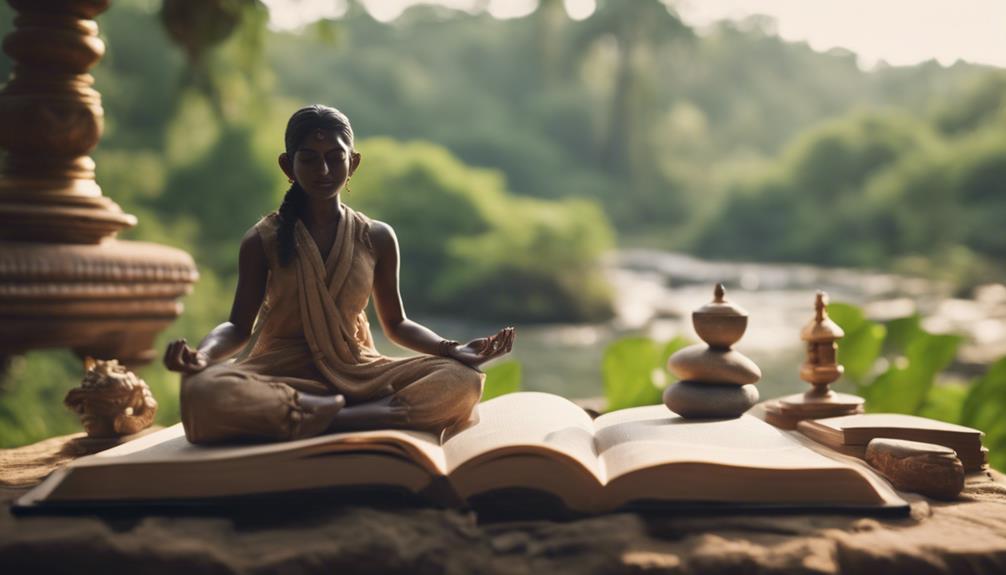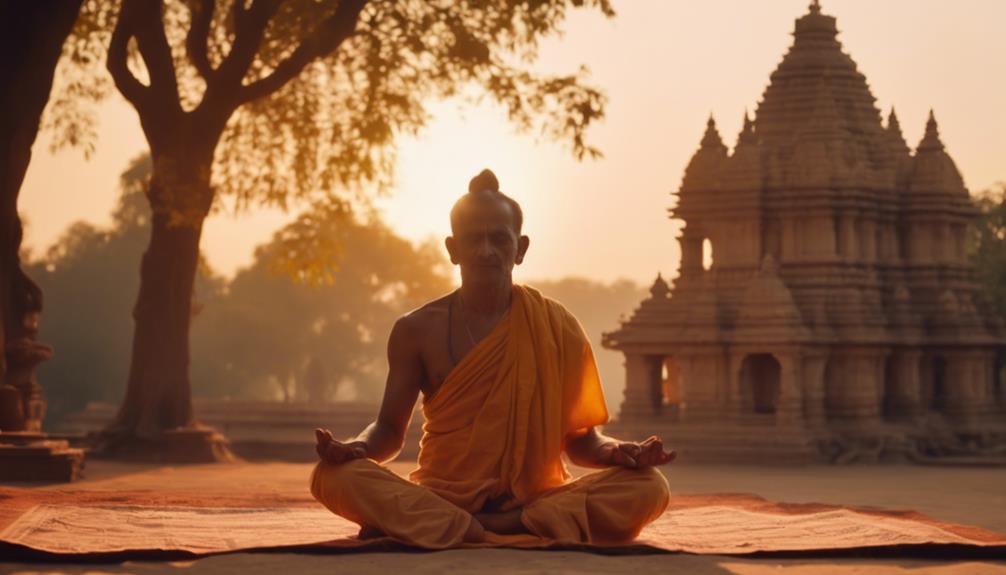
Yoga, a practice that harmonizes body, mind, and spirit, has captivated millions around the globe. While many people experience the profound benefits of yoga in their daily lives, the origins of this ancient tradition are often shrouded in mystery. Who were the pioneers that laid down the foundational principles of yoga? This article embarks on an enlightening journey through time to uncover the origins and founders of this beloved practice.
Unraveling the Mystique: Who Brought Yoga to Life?
The roots of yoga trace back thousands of years, deeply embedded in the rich soil of Indian culture and spirituality. Traditionally, yoga is considered to have been first introduced in the Vedic texts, particularly the Rig Veda, which dates back to approximately 1500 BCE. These ancient scriptures unveil hymns and rituals that reflect the early contemplation of a unity between the individual and the cosmic consciousness. Yet, the term "yoga" itself is derived from the Sanskrit word "Yuj," meaning "to yoke" or "to bind," representing the union of the mind, body, and spirit. what are the types of yogadid jesus do yoga
One of the most significant figures in the early development of yoga is Patanjali, often hailed as the "Father of Yoga." His seminal work, the "Yoga Sutras," compiled around the 2nd century BCE, offers insights into the philosophical and ethical underpinnings of yoga. Patanjali’s text outlines the Eight Limbs of Yoga (Ashtanga) and presents a systematic approach to spiritual development. It emphasizes more than just physical postures, focusing on meditation, moral conduct, and self-discipline as vital elements of a holistic practice.
As time flowed like the Ganges, various schools of thought emerged, each contributing to the rich tapestry of yoga. Among these, Hatha Yoga, which focuses on physical postures (asanas) and breath control (pranayama), gained prominence around the 11th century. The Hatha Yoga Pradipika, written by Swatmarama in the 15th century, is a cornerstone text that codified this form of yoga, making it accessible to practitioners seeking better health and spiritual awakening. This bountiful history reveals how yoga has always been a collaborative effort, shaped by countless sages and scholars throughout the ages, each adding their unique brushstroke to the canvas.
Journey Through Time: The Founders of Our Favorite Practice!
As we venture deeper into the annals of yoga history, we encounter other pivotal figures who have enriched this practice. For instance, the teachings of Adi Shankaracharya, an influential philosopher and theologian of the 8th century, helped to bridge the gap between yoga and Advaita Vedanta, a non-dualistic philosophy. His concepts of meditation and self-inquiry have resonated through the ages, guiding yogis towards deeper understanding and enlightenment. Shankaracharya’s approach underscores the importance of wisdom in yoga, inviting seekers to embark on a journey of self-exploration and discovery.
Fast forward to the late 19th and early 20th centuries, where the charismatic Swami Vivekananda played a significant role in popularizing yoga in the West. His transformative speech at the Parliament of the World’s Religions in Chicago in 1893 introduced the principles of yoga to a curious audience, sparking a fascination that would grow exponentially. Vivekananda’s emphasis on the practical applications of yoga for mental clarity and personal growth inspired many to embrace this ancient practice, transcending geographical boundaries and cultural barriers.
The 20th century witnessed an explosion of yoga styles and teachings, largely thanks to luminaries like B.K.S. Iyengar, Pattabhi Jois, and T.K.V. Desikachar. Iyengar’s focus on alignment and props made yoga accessible to individuals of all abilities, while Jois popularized Ashtanga Yoga, characterized by a dynamic flow of postures. Desikachar, the son of T. Krishnamacharya, emphasized the individualization of yoga practice, adapting it to suit the needs of each practitioner. Together, these modern-day gurus transformed yoga into a global phenomenon, inspiring a new generation of enthusiasts to explore the depths of their practice.
The journey of yoga from ancient times to the present day is a tapestry woven with the threads of wisdom, perseverance, and interconnectedness. From the sages of the Vedic period to the modern-day masters, the founders of yoga have played an essential role in shaping this cherished practice. As we roll out our mats and breathe deeply, let us honor the legacy of those who came before us and continue to inspire us today. Yoga is not just a series of postures; it is a celebration of life, a dance of connection, and a timeless journey toward self-discovery!




